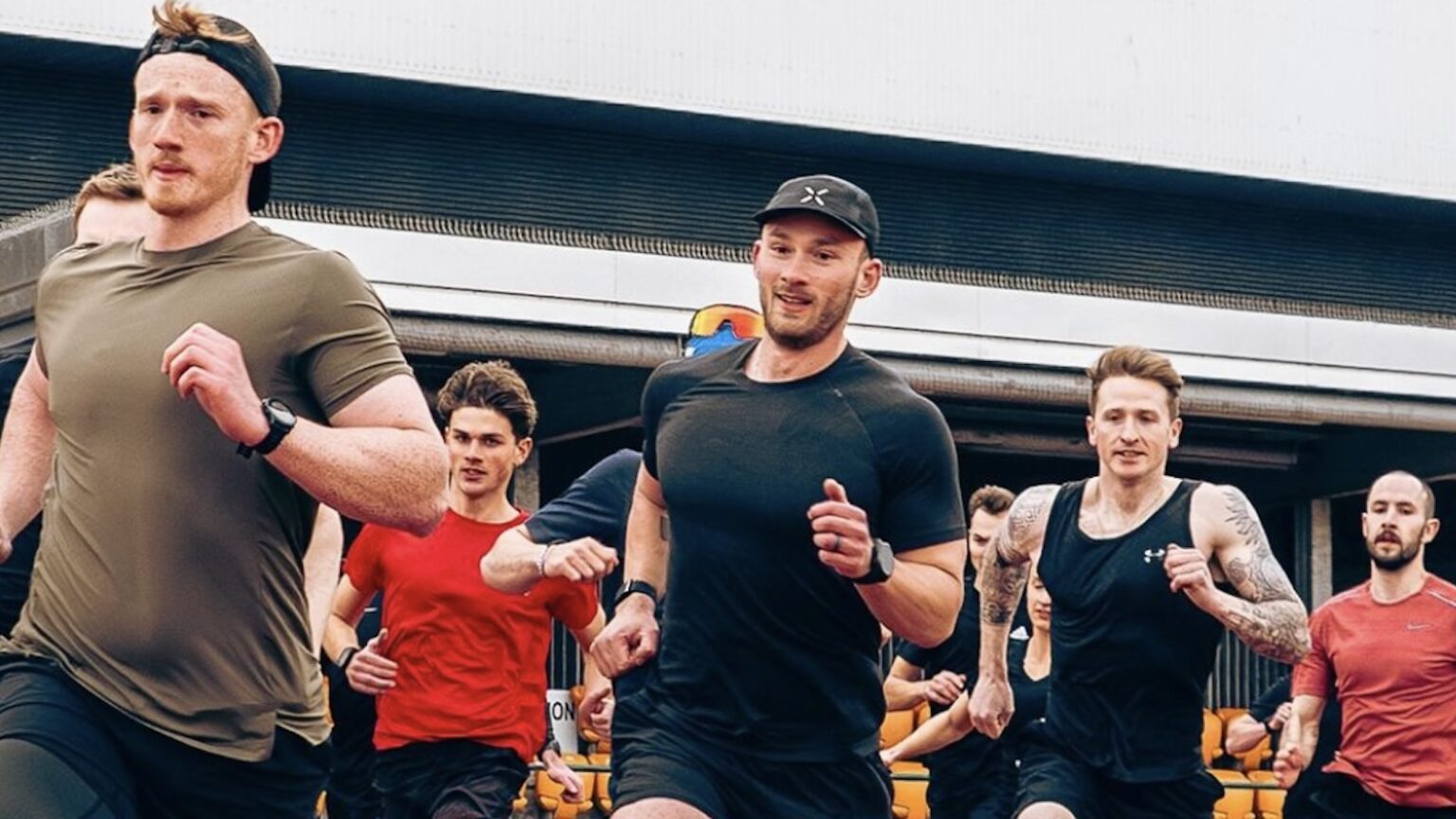Hybrid athlete Fergus Crawley completed a 30-kilometer (18.6-mile) run in 2:51, torching 2,517 calories. The run was part of his rigorous training regimen as he aims for a sub-three-hour marathon.
Crawley’s Remarkable Training Journey
Fergus Crawley, an enthusiastic hybrid athlete, recently conquered a 250-kilometer ultramarathon in March 2024. Following this incredible feat, Crawley is now focusing on achieving a personal record with his goal of breaking the three-hour mark in his upcoming marathon. His training regimen, characterized by a blend of endurance running and performance nutrition, is meticulously crafted to optimize his performance.
YouTube Insights into Performance Nutrition
On July 8, 2024, Crawley shared valuable insights on his YouTube channel, detailing the three essential pillars of performance nutrition crucial for fueling long runs. During his latest 30-kilometer low-intensity steady state (LISS) run, he maintained an average heart rate of 140-145 beats per minute, emphasizing the importance of consistent nutrition for endurance athletes.
The Three Pillars of Nutrition for Endurance Athletes
In his video presentation, Crawley elaborated on the three critical components of nutrition for endurance athletes: carbohydrates, fluids, and sodium. As an athlete who understands the demands of extensive training, he offers a well-rounded approach to maintaining energy and hydration levels.
Carbohydrates: The Fuel for Endurance
Crawley underscores the importance of carbohydrates, particularly during endurance workouts exceeding 90 minutes. His fueling strategy includes consuming 60 to 90 grams of carbohydrates per hour. For his 30-kilometer run, he relied on a combination of bananas, energy gels, and a specially formulated 1.5 liters of water mixed with electrolyte powder, totaling 187 grams of carbohydrates. This approach not only meets his carb needs but also ensures he maintains optimal hydration and sodium levels.
Fluid Intake: Essential for Performance
Hydration is another crucial aspect of Crawley’s performance strategy. He recommends a fluid intake of 500 to 750 milliliters per hour, adjusted according to individual sweat rates and environmental factors. Utilizing a smartwatch pedometer, he encourages frequent hydration, taking sips of fluids every 15 minutes and consuming food every half hour, to sustain energy during his runs.
Sodium: Balancing Electrolytes
Recognizing the vital role of sodium in maintaining electrolyte balance, Crawley suggests aiming for an intake of 400 to 600 milligrams of sodium per hour. He highlights the dual aspects of sweat—volume and composition—stressing that each athlete should understand their individual needs. By combining sodium intake with his carbohydrates and fluids strategy, Crawley ensures he’s well-prepared to handle the challenges of endurance running.
Personalized Nutrition Strategies for Endurance
Crawley encourages other endurance athletes to experiment with their nutrition plans during training runs to discover what works best for their unique physiology and preferences. This adaptive approach allows for a personalized strategy that optimally supports performance on race day. By understanding the significance of tailored fueling strategies, athletes can better prepare themselves for their endurance challenges.
Conclusion: Preparing for Success
In summary, Fergus Crawley’s holistic approach to endurance training serves as an excellent reference for athletes looking to refine their nutrition and hydration strategies. By focusing on the three essential pillars of carbohydrates, fluids, and sodium, all athletes can enhance their performance and endurance. For detailed insights into fate of running and the best practices for athletes, consider checking out related resources on health and fitness at Barbend and hydration strategies.
